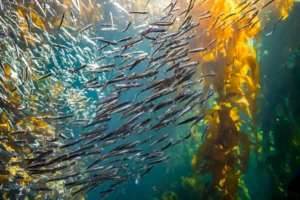
It is with heavy hearts that we share the news of the passing of Toki the orca, whose performing name was Lolita. She is the last known survivor of the mass government-sanctioned captures of Southern Resident orcas from the Salish Sea in the 1970s. She spent 53 years performing tricks for tourists in a small, shadeless pen at the Miami Seaquarium, far from her native Pacific waters.
Despite hopes of returning her to an ocean sanctuary, Toki’s journey ended before she could be brought home. Her cause of death is suspected to be renal failure. In light of her passing, activists are calling for an investigation into the conditions of her tank and potential regulatory failures.

Toki’s legacy will be honoured by Lummi Nation members who plan to return her ashes to the Pacific Coast after cremation. A public celebration of her life is also planned in Friday Harbor, Washington. Her story serves as a sobering reminder of the challenges the endangered Southern Resident orcas continue to face.
The Southern Resident Orca population has been in decline since the mass captures of the 1970s, which significantly reduced their numbers and genetic diversity. Currently, their population has declined to a 40-year low, with 73 individuals remaining. Southern Resident orcas have never recovered from the mass captures of the 1970s.
The continued decline of the Southern Resident orca populations is due to a number of factors, including food scarcity, ship noise, pollution, and a lack of genetic diversity.
Southern Resident orcas have a vast range that extends from Monterey Bay, California, to southeastern Alaska. They will migrate long distances following their main food source, Chinook salmon, with their migration and movement patterns largely influenced by the availability of this prey.
For a deeper look into Lolita’s life and the implications of her death, read the full article.



